Have you ever thought about owning a wild animal? Maybe you’ve pictured yourself with a tiger lounging in your living room or a monkey swinging from your ceiling fan. The idea of having an exotic pet can be thrilling, but it comes with sky-high price tags that will likely make you think twice. Here are 14 instances where people shelled out unbelievable amounts of cash just to have these unique creatures as pets. Buckle up; some of these figures are jaw-dropping!
1. The Lavish Liger
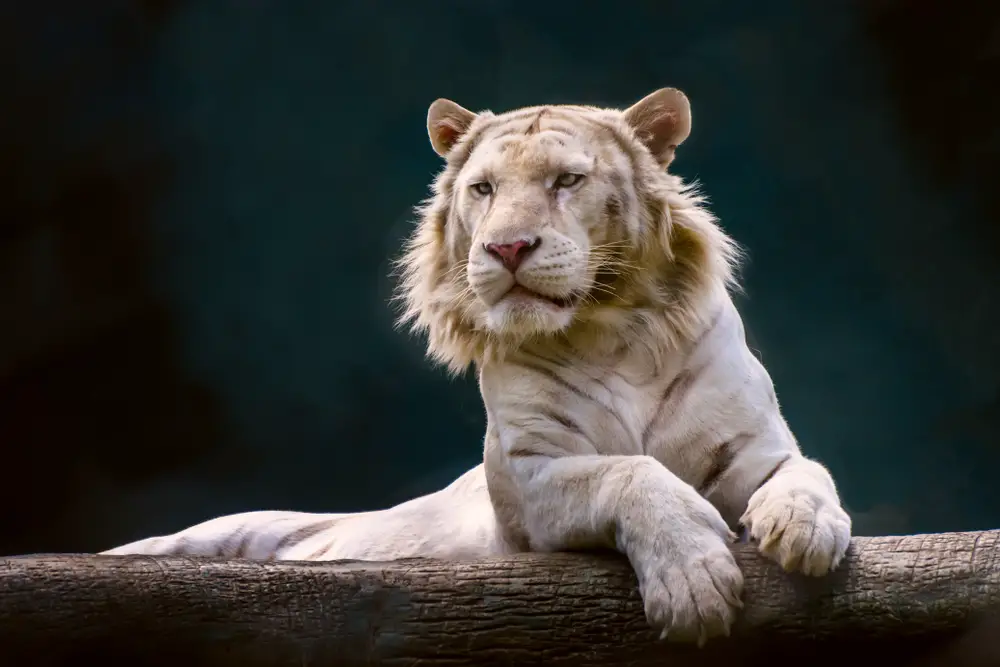
Ligers, a cross between a lion and a tiger, are rare and costly creatures to own. These majestic animals can cost up to $100,000 just to purchase. Not to mention the expenses that follow, like specialized care, a spacious habitat, and a diet fit for a king. Dr. Richard Kowalski, a wildlife biologist, highlights that ligers require specific veterinary care, which isn’t cheap. So, if you’re considering getting one, be prepared to dig deep into your pockets.
Once you bring a liger home, the costs don’t stop at the purchase price. Feeding a liger can cost you upwards of $10,000 a year, as they consume a diet primarily made up of raw meat. Then there’s the space requirement, as they need large areas to roam free. Building an enclosure that mimics their natural habitat is another significant expense. Not to mention the legal fees that might accrue, depending on where you live, as many places have strict regulations about owning such animals.
2. The Costly Capuchin
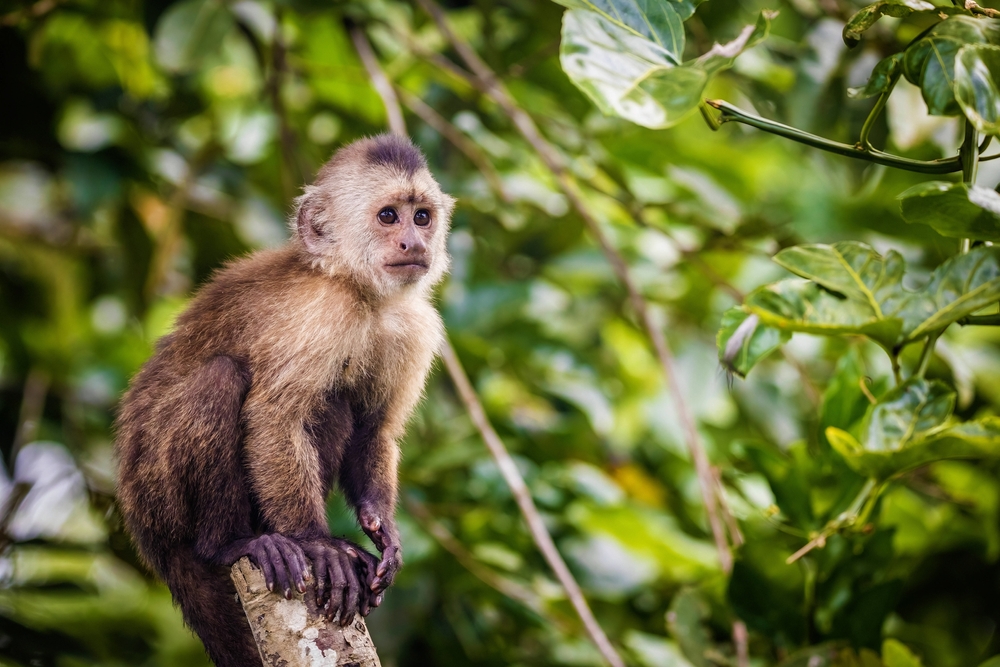
Capuchin monkeys are often seen as adorable, smart little companions, but they come with a hefty price tag. Buying a capuchin can set you back anywhere from $5,000 to $8,000. But that’s just the start; these primates are high-maintenance pets. They demand constant attention and stimulation, so you might end up spending more on toys and enrichment. Plus, their mischievous nature means you might have to budget for replacing household items they manage to break.
Speaking of household adjustments, capuchins require a monkey-proof home. This involves securing areas they shouldn’t access and potentially reinforcing doors and windows. Veterinary care for a capuchin is specialized, adding further to the costs. Regular health check-ups, vaccinations, and an appropriate diet are essential. Before you know it, the ongoing expenses might overshadow the initial purchase cost.
3. The Expensive Eclectus Parrot

Eclectus parrots are known for their vibrant colors and friendly nature, making them popular pets. These striking birds can cost anywhere from $1,000 to $3,000, just for the initial purchase. But owning one is not just about the upfront cost; it’s about the long-term commitment and expenses. According to avian expert Dr. Susan Marlow, these parrots require a diet that mimics their natural environment, which can be pricey and time-consuming to prepare. Add that to the cost of regular vet visits and a spacious cage, and the expenses add up quickly.
Beyond financial costs, eclectus parrots require a significant investment of time and effort. They are social creatures that need daily interaction and mental stimulation. If neglected, they can develop behavioral issues like feather plucking or excessive screaming. This means you might need to invest in training or behavioral therapy. Plus, their long lifespan means you could be looking at decades of commitment and costs.
4. The Priceless Python
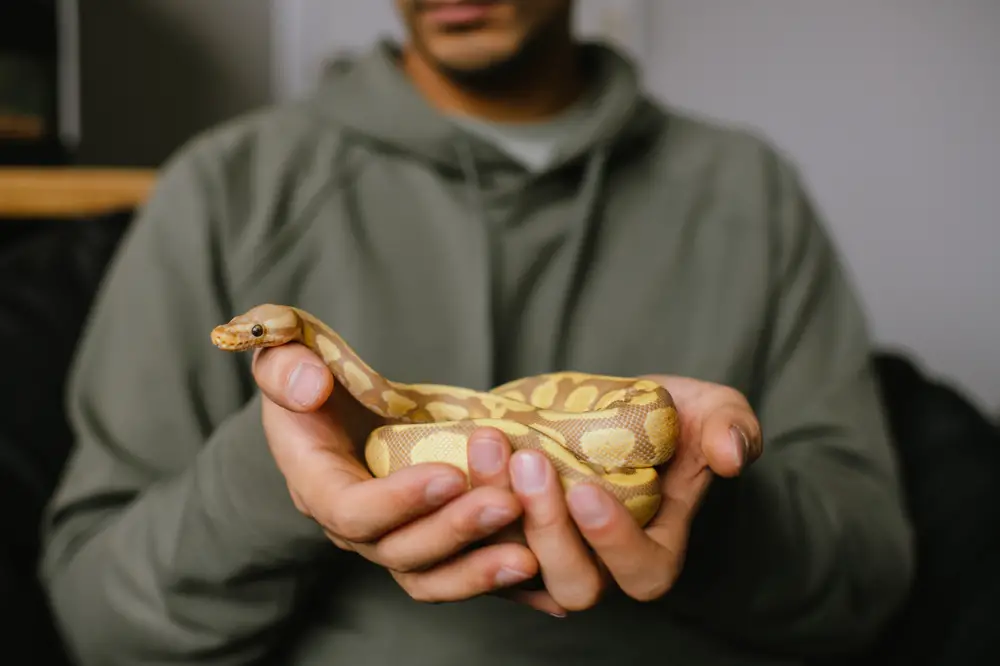
Pythons have become increasingly popular in exotic pet circles, particularly the more rare and unique breeds. Some pythons, like the albino ball python, can cost up to $25,000. The price is driven up by their rarity and the demand within the pet trade. Once you have your python, remember that they need specialized care and housing. You’ll need to design an enclosure that can simulate their natural environment, including the right temperature and humidity levels.
The diet of a python isn’t cheap either, as they feed on a mix of live and frozen prey. And, if you’re uncomfortable with feeding them live animals, you might need to pay extra for more humane options. Regular veterinary check-ups are essential to detect any health issues early. Plus, many owners invest in tracking technologies to monitor their python’s movements and health. It’s clear that the initial price is just the beginning of the financial commitment.
5. The Valuable Venomous Snake
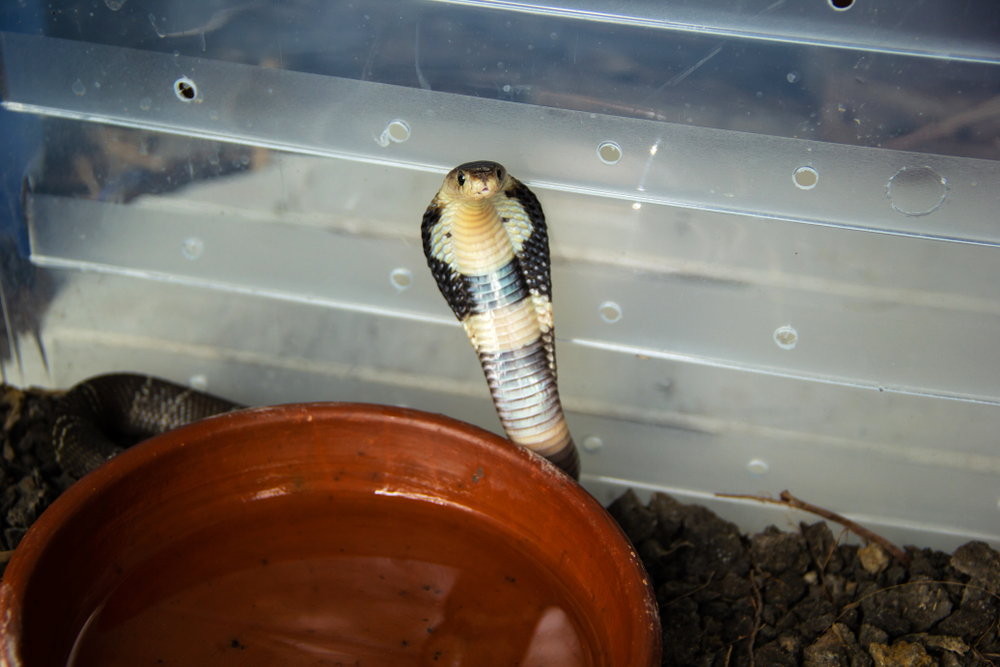
Owning a venomous snake is not for the faint-hearted, and it isn’t cheap either. Some of these reptiles, like the king cobra, can be priced at around $30,000. This price reflects not just the rarity and demand but also the risks involved in owning such a pet. Herpetologist Tim Friede notes that these snakes require highly specialized care, which includes secure enclosures to prevent any escape. Specialized care also means finding a vet experienced with venomous snakes, which can be rare and costly.
Speaking of enclosures, owning a venomous snake requires adhering to strict safety standards. This might mean investing in reinforced glass and escape-proof locks. Additionally, you may have to secure permits and pay for liability insurance. Feeding can also be a costly affair, as they often require specific prey types. With all these factors in play, owning a venomous snake becomes a significant financial endeavor.
6. The Pricy Pygmy Marmoset
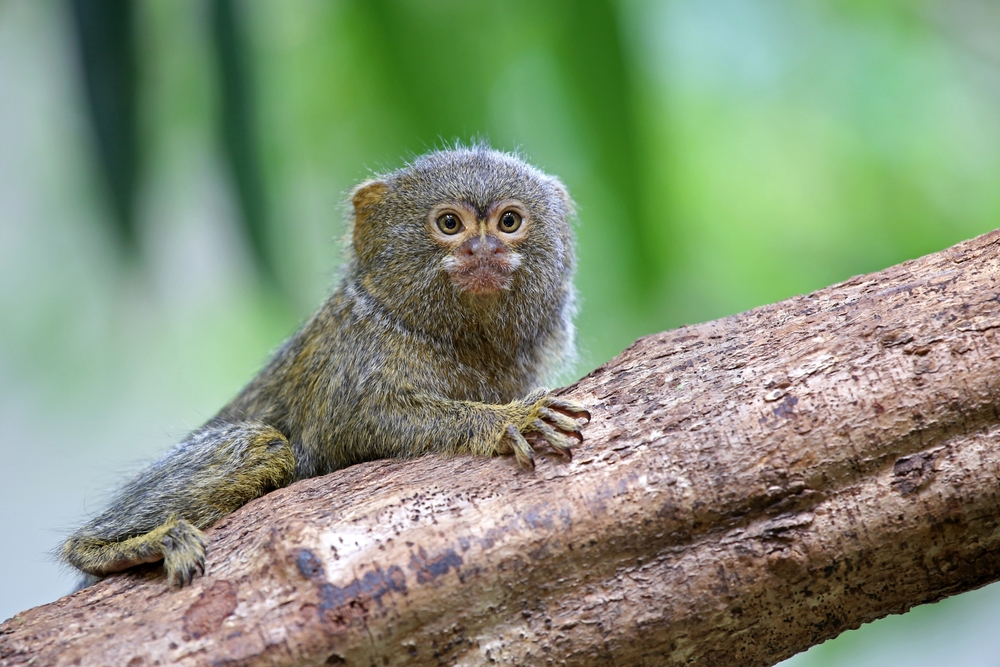
Pygmy marmosets, the world’s smallest monkeys, are undeniably adorable but come with a big price tag. Purchasing one can cost between $2,000 and $4,000, depending on its lineage and health. But these little primates demand more than just financial investment; they require intensive care and social interaction. You’ll need to provide a diet rich in fruits, insects, and gum from trees to keep them healthy. Their small size means they can easily escape, so you’ll also need a secure, marmoset-proof living space.
Beyond the basic costs, caring for a pygmy marmoset involves additional expenses. Enrichment activities are crucial to prevent boredom and stress, which can lead to health issues. Toys, climbing structures, and foraging opportunities are vital. Veterinary care is another major expense, as they need specialized attention from exotic animal vets. All these factors can quickly add up, making them a costly pet to maintain.
7. The Ostentatious Ocelot
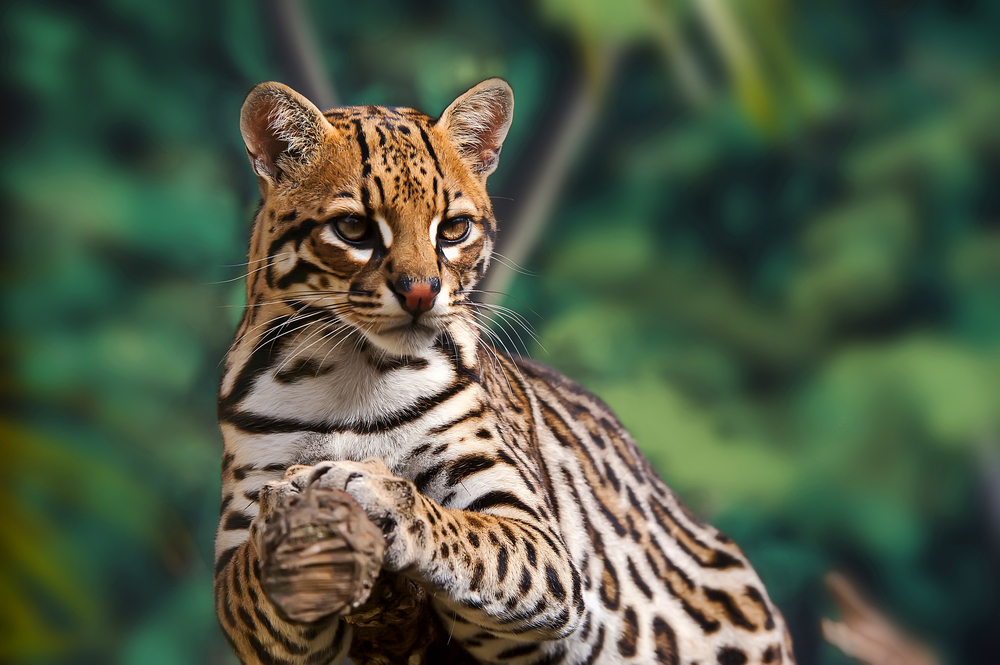
Ocelots, with their striking spots and sleek physique, have captivated exotic pet enthusiasts for years. But owning one isn’t cheap, often costing between $15,000 and $20,000. This high price tag is due to their rarity and the legal hoops you need to jump through to own one legally. According to PETA, ocelots require large enclosures that replicate their natural habitat, which can be costly to build and maintain. Plus, they’re natural predators, so their diet of fresh meat isn’t inexpensive either.
Beyond the enclosure and diet, ocelots have specific care needs that can drive up costs. They’re solitary animals, which means they might not get along with other pets in your home. This could necessitate additional space or adjustments to prevent conflicts. Veterinary care for ocelots is specialized, and finding an experienced vet can be challenging and costly. Plus, their nocturnal nature might require lifestyle adjustments on your part, such as altering schedules to accommodate their active hours.
8. The Pricey Porcupine
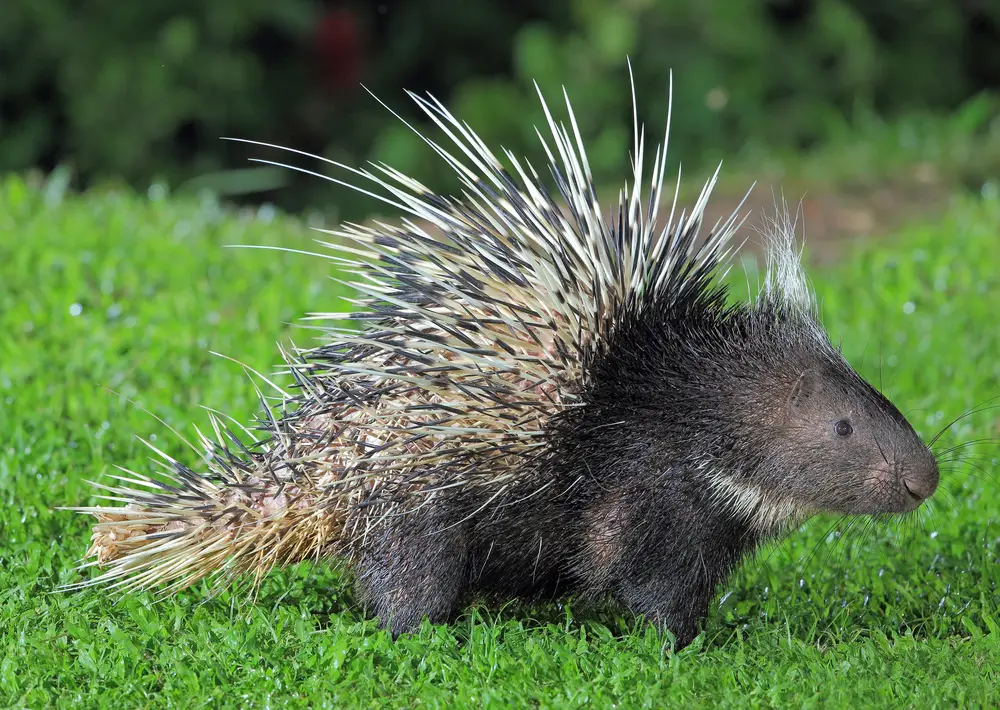
Porcupines might not be the first animal that comes to mind when thinking of exotic pets, but they have a niche following. These spiky creatures can cost between $1,000 and $3,000 to purchase. Beyond the initial cost, porcupines have specific care requirements that can be financially demanding. Their diet includes fruits, vegetables, and specially formulated porcupine pellets, contributing to ongoing costs. They also need a safe and enriching environment that prevents them from becoming bored or stressed.
Enclosures for porcupines must be designed to accommodate their natural behaviors, such as climbing and burrowing. This requires investing in secure fencing and enrichment materials. Regular veterinary check-ups are crucial to monitor their health, adding to the costs. Porcupines also have unique social needs that require dedicated time and attention from their owners. All these factors mean that owning a porcupine is both a financial and time commitment.
9. The Extravagant Exotic Bird

Exotic birds, like the hyacinth macaw, are known for their stunning appearance and intelligence, but they come with a significant price tag. Hyacinth macaws can cost as much as $12,000 to $15,000. This high cost is due to their rarity and the intensive care they require. Their diet must be carefully balanced, often including a variety of fruits, nuts, and specialized pellets. The cost of creating a suitable living environment, complete with ample space for flying and climbing, adds to the financial commitment.
More than just the initial purchase, owning an exotic bird involves ongoing costs. Regular veterinary care, including vaccinations and check-ups, is essential to ensure their health. Birds like the are highly social and require daily interaction to prevent behavioral issues. This might mean investing in toys, training, and enrichment activities. Plus, their long lifespan means you’re in it for the long haul, with decades of expenses ahead.
10. The Costly Kangaroo
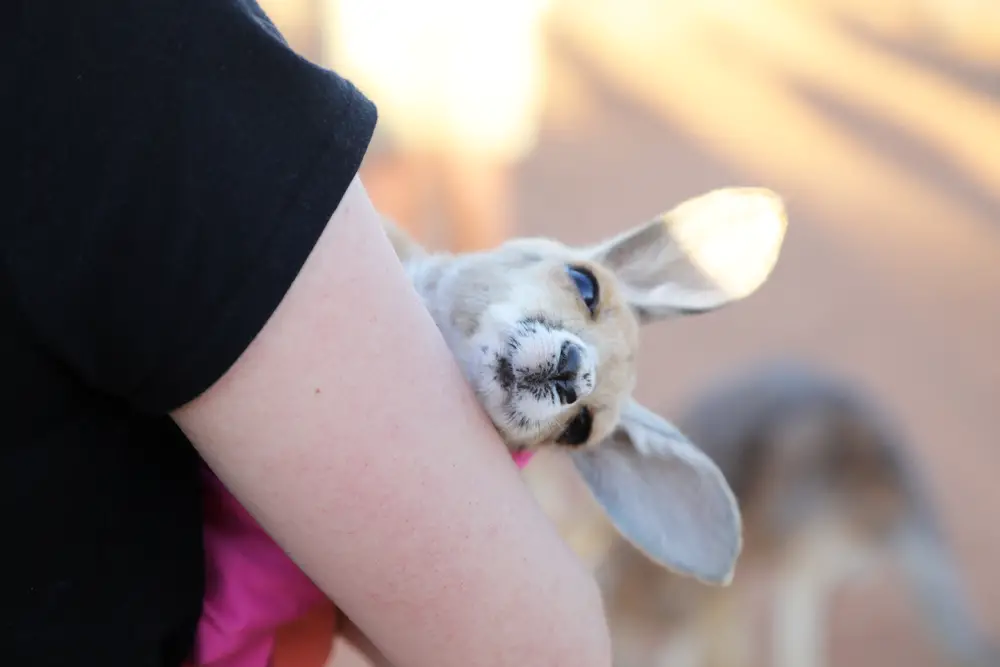
Kangaroos as pets might sound unusual, but they have captured the interest of exotic animal enthusiasts. Purchasing a kangaroo can set you back anywhere from $2,000 to $3,000. But the costs don’t stop there, as these marsupials require specific care and housing. They need a large, secure outdoor area to roam and graze, which can be costly to establish. Their diet, which includes a mix of grasses and specialized pellets, adds to the ongoing expenses.
Beyond the basics, kangaroo care involves additional financial commitments. Veterinary care for kangaroos is specialized, often requiring experienced exotic animal vets. Socialization and enrichment are crucial to keep them healthy and happy. This might mean investing in toys and activities that mimic their natural behaviors. Plus, depending on local regulations, there might be legal fees associated with obtaining the necessary permits.
11. The High-Priced Hedgehog
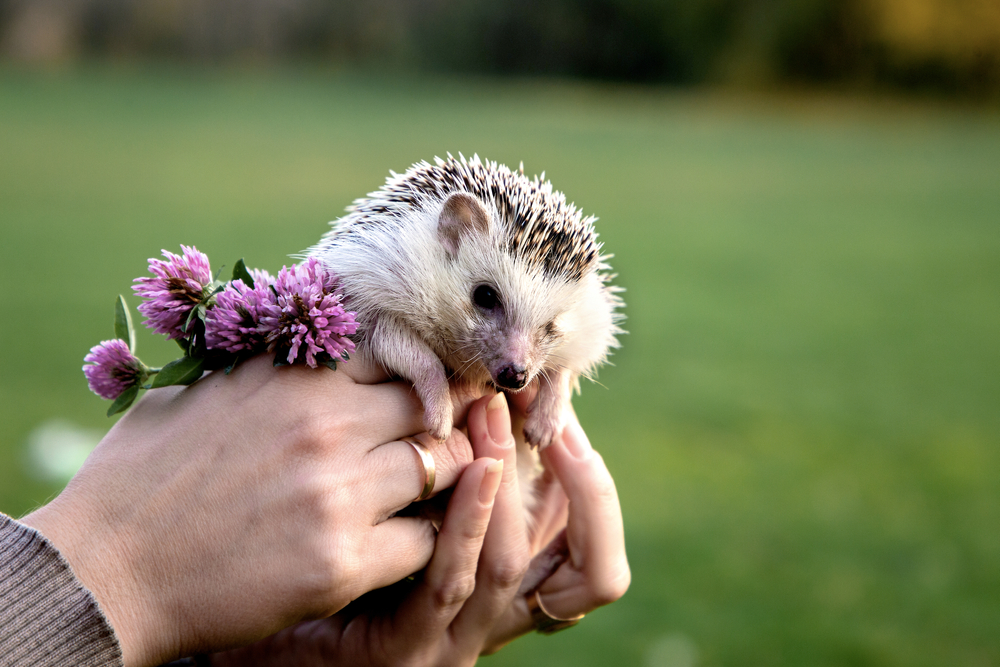
Hedgehogs have gained popularity as pets, but owning one comes with its own set of costs. Purchasing a hedgehog can range from $100 to $300, depending on their color and lineage. While this might seem affordable, the ongoing expenses can add up quickly. Hedgehogs need a spacious, secure enclosure with temperature control to mimic their natural environment. Their diet, which includes a mix of high-quality cat food and live insects, requires careful planning and budgeting.
In addition to the basic costs, hedgehogs require regular veterinary care to monitor their health. Specialized exotic animal vets can be costly, but they are essential for addressing any health issues. Enrichment activities, such as toys and tunnels, are crucial for keeping hedgehogs mentally stimulated. Their nocturnal nature might require adjustments to your schedule to accommodate their active hours. Overall, while the initial cost of a hedgehog might seem manageable, the ongoing expenses can add up over time.
12. The Expensive Emperor Scorpion
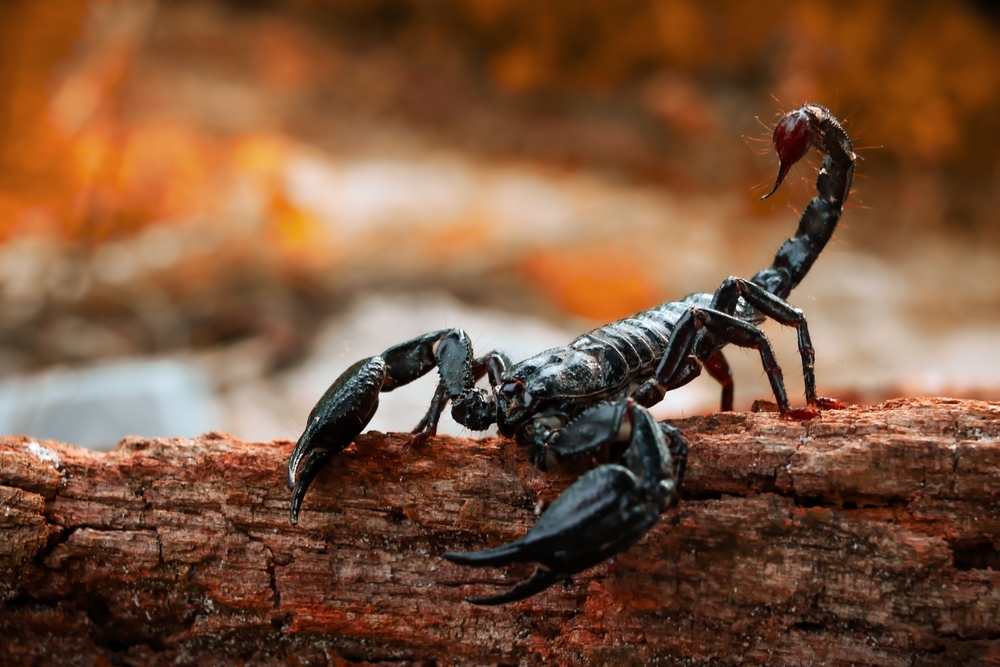
Emperor scorpions, with their intimidating appearance and unique characteristics, have become popular among exotic pet enthusiasts. Purchasing one can cost between $20 and $100, depending on its size and age. However, owning a scorpion involves more than just the initial purchase price. Their enclosure must be carefully designed to replicate their natural habitat, including temperature and humidity control. This requires investing in specialized equipment, such as heat lamps and thermometers, contributing to the overall cost.
Feeding an emperor scorpion can also add to the expenses, as they require a diet of live insects like crickets or mealworms. Regular veterinary care is crucial to monitor their health and address any issues. Finding a vet experienced in caring for scorpions can be challenging and costly. Additionally, enrichment activities, such as hiding spots and climbing structures, are essential for their well-being. Overall, the financial commitment to owning an emperor scorpion goes beyond the initial purchase, encompassing ongoing care and maintenance.
13. The Pricey Piranha
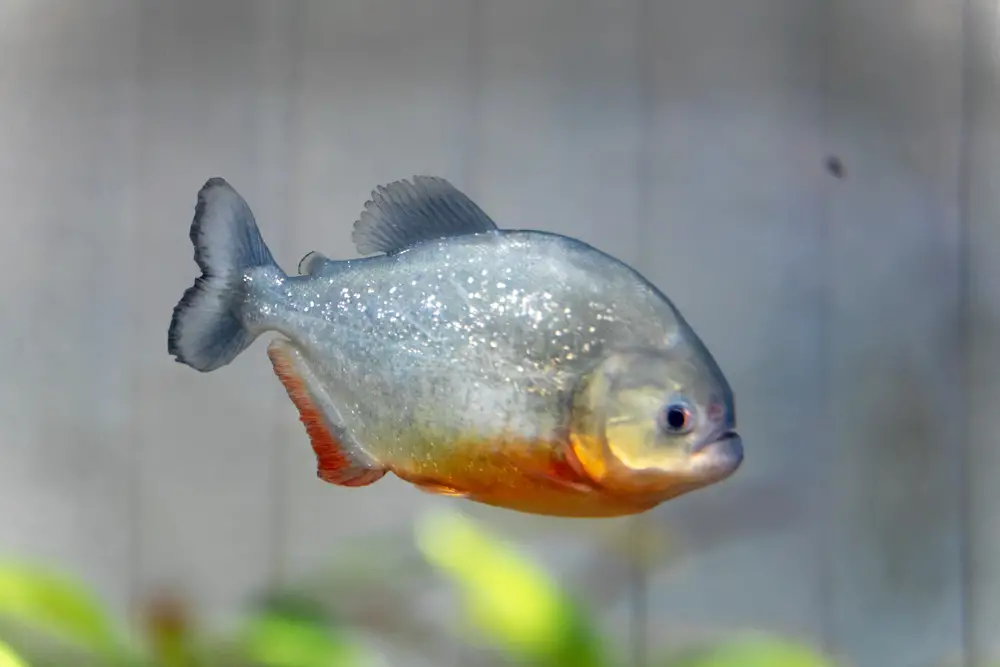
Piranhas, known for their ferocity and sharp teeth, have intrigued exotic fish enthusiasts for years. Owning a piranha can cost between $20 and $70, depending on their size and species. While this might seem affordable, the ongoing expenses can quickly add up. Piranhas require a spacious aquarium with a robust filtration system to maintain water quality. Their diet, consisting of live or frozen food, adds to the financial commitment.
In addition to the basic costs, piranhas require regular maintenance to ensure their health and well-being. This includes frequent water changes and monitoring of water parameters. Finding a vet experienced in caring for exotic fish can be challenging and may involve additional costs. Enrichment activities, such as hiding spots and plants, are crucial to prevent boredom and stress. Overall, owning a piranha involves a significant financial and time commitment to ensure their proper care.
14. The Expensive Exotic Cat
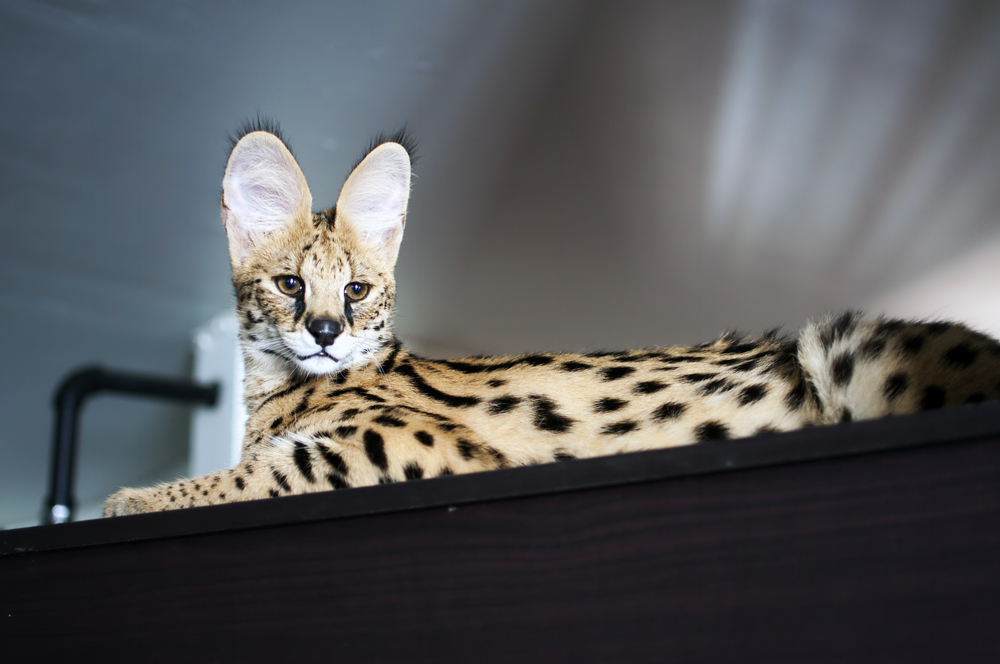
Exotic cats like servals and caracals have gained popularity as pets, but they come with a hefty price tag. Purchasing one can cost anywhere from $5,000 to $10,000, depending on the breed and lineage. Beyond the initial cost, owning an exotic cat involves ongoing expenses that can add up quickly. Their diet, consisting of raw meat and specialized supplements, requires careful planning and budgeting. Creating a suitable living environment, complete with ample space and enrichment activities, adds to the financial commitment.
More than just the basics, exotic cats require regular veterinary care to monitor their health. Specialized vets experienced in caring for exotic felines can be costly, but they are essential for addressing any health issues. Socialization and enrichment are crucial to prevent behavioral problems and ensure their well-being. This might mean investing in toys, training, and activities that mimic their natural behaviors. Overall, owning an exotic cat involves a significant financial and time commitment to ensure their proper care and happiness.
